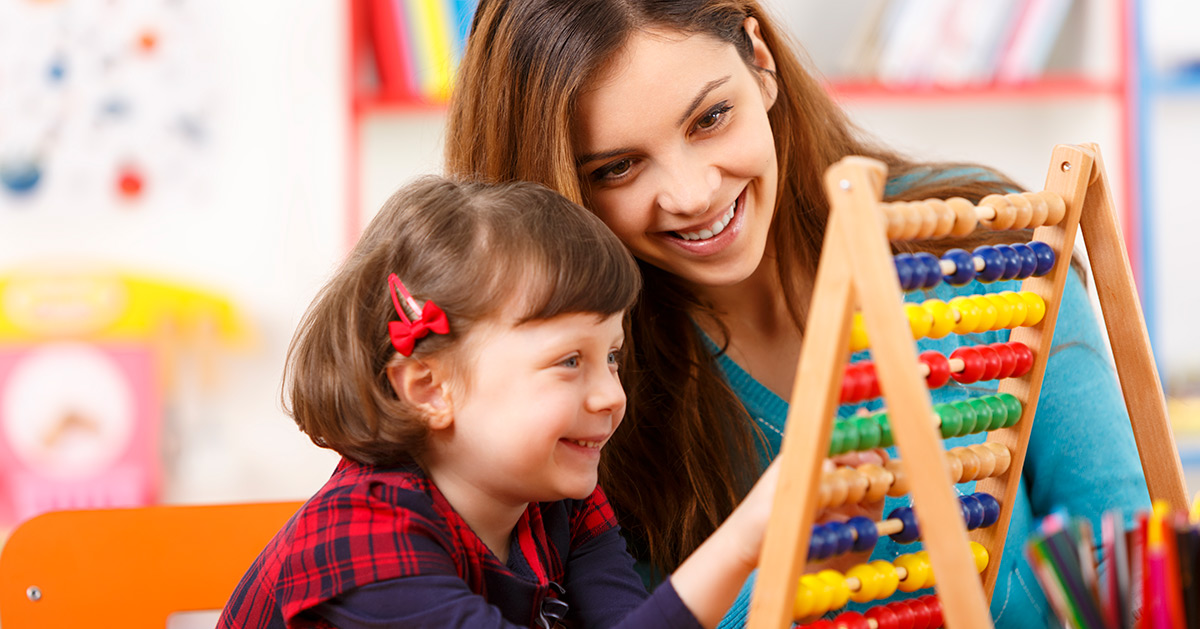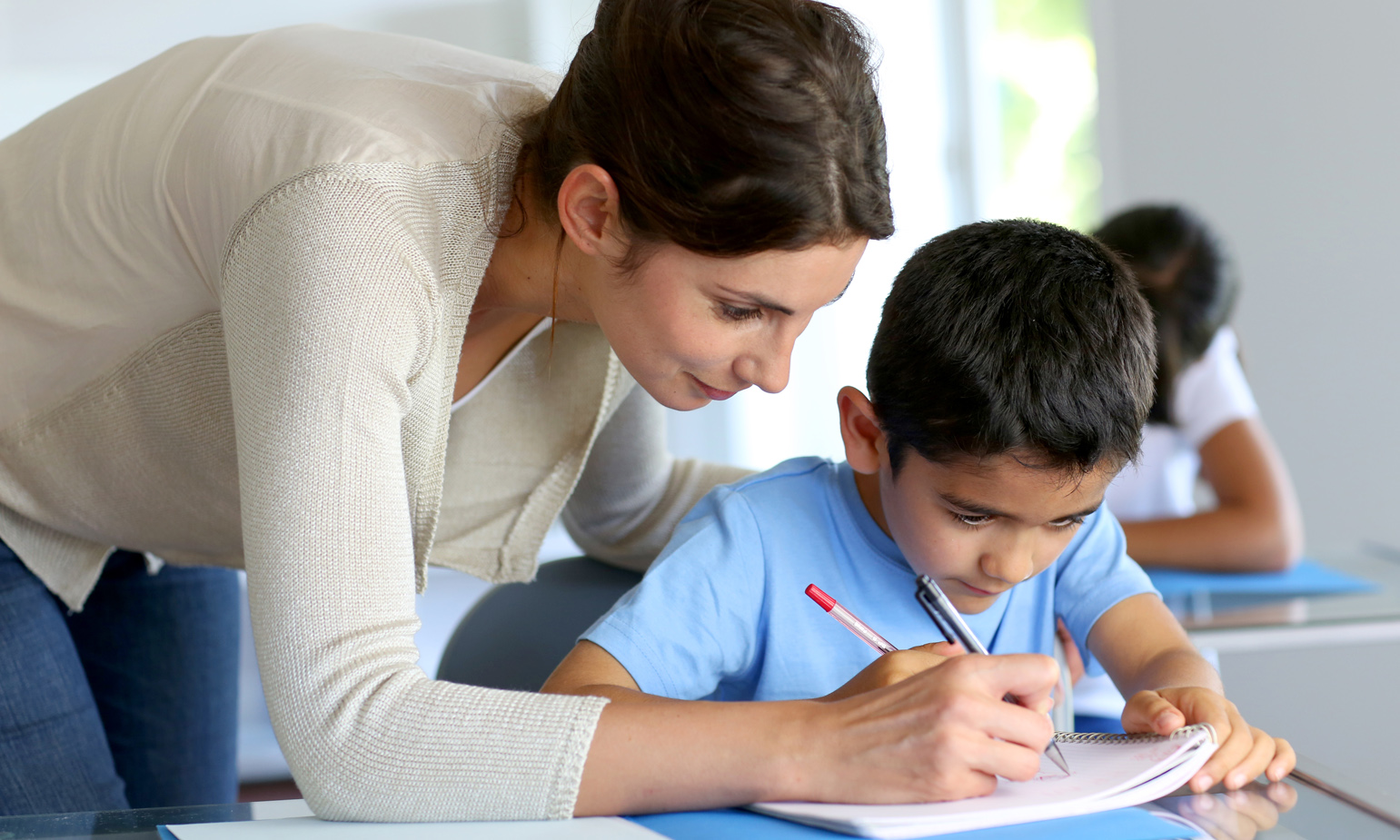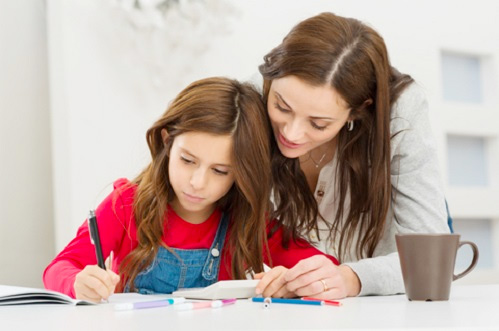Inability to concentrate can be a short-term or long-term problem. Learning can be challenging in both cases. It has an effect on everyday life as well. When you can’t focus, you can’t always change the situation. There are always ways to help your children overcome distractions and complete chores.
Remember that there are alternative learning approaches, strategies, and tools that can help children with learning difficulties achieve their full potential. Furthermore, parents and teachers that maintain a positive outlook and provide plenty of encouragement can have a significant impact on the persistence and motivation of these children.
Try these 5 tactics if your child is having difficulty remaining focused.

1. Jump right into projects
The longer you wait to begin a task, the more difficult it might be to focus on it. That goes for academic projects as well as those around the house.
However, this does not imply that your child must achieve everything at once. Breaking work into segments can help you get started faster. The main thing is to get started as soon as possible.

2. Limit directions to one or two at a time
When children struggle with focus, it can be difficult for them to listen to, remember, and follow directions. As a result, try not to overwhelm your toddler with too many instructions at once.
Let’s suppose it’s homework time. You may instruct your child to consult the assignment book, gather the necessary supplies, and get to work. If that is too much for your child to focus on and remember, divide it into smaller chunks.
3. Set a timer
For children to realize that they have a time restriction on how long they can concentrate in order to stay on task, they must first understand what that time limit is. Installing a timer will serve as a reminder to your children about how long they should work before taking a small break or stepping outdoors to play will help. Increasing the amount of time you spend reading aloud to your child can be done in stages, depending on how well they can concentrate.

4. Try mindfulness
Mindfulness exercises need you to pay attention and focus. Mindfulness has been found in studies to assist children to improve their behavior and capacity to focus on lessons and assignments.
Sitting quietly and focusing on your breathing in and out is one approach to practice. Even taking a few deep breaths before class or a test will help.

5. Direct focus back to the task
Even when applying these focus tactics, children may become distracted. That is why they require tactics for returning to tasks once they have strayed. Create a signal for when your child’s mind begins to wander. It could be as simple as placing your hand on your child’s shoulder or saying a certain word. Inform your child’s teacher that you are trying with these tactics at home.
Conclusion
There are numerous more ideas, techniques, and low-cost products you may employ at home to assist your child with focus. Discover several varieties of fidgets, including ones you can build yourself. To assist your child with reading, writing, and math assignments, use free graphic organizers. Learn how to divide down writing assignments so that you can focus on them more easily.
Having difficulties concentrating or with any other ability can have a detrimental effect on a child’s sense of self-worth and self-confidence. Encourage your child to concentrate by praising his or her achievements. Make a note of any improvements, no matter how insignificant. Also, let your child know that his or her ability to concentrate can be improved with practice.
Remember to talk about your child’s strengths as well as his or her faults with your family. Celebrate both significant and minor accomplishments in your target area. The understanding that children have of their own abilities allows them to develop confidence and remain motivated when times are difficult.







